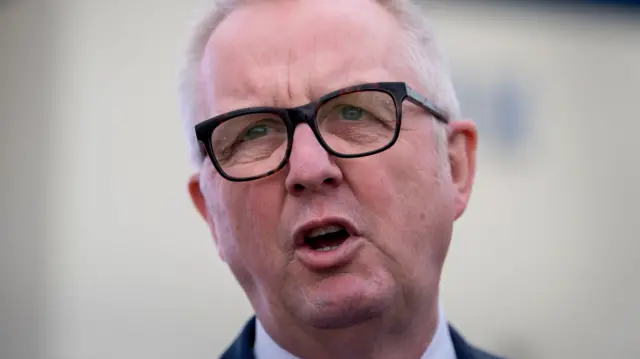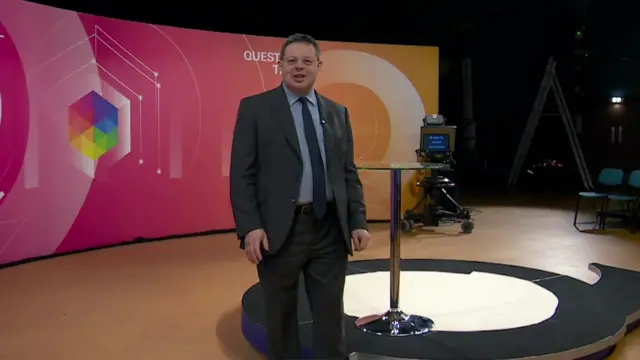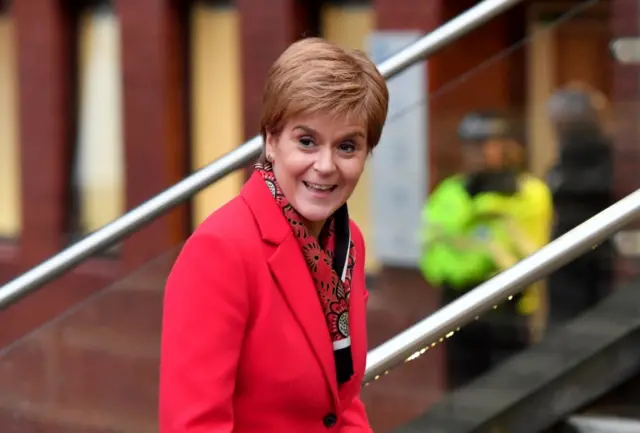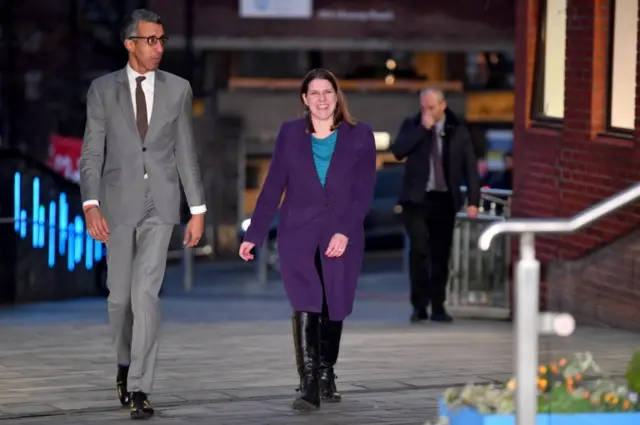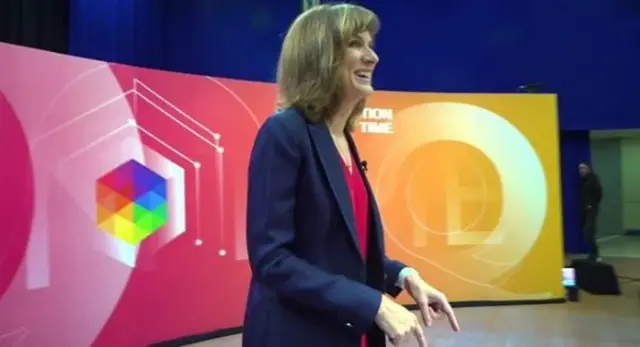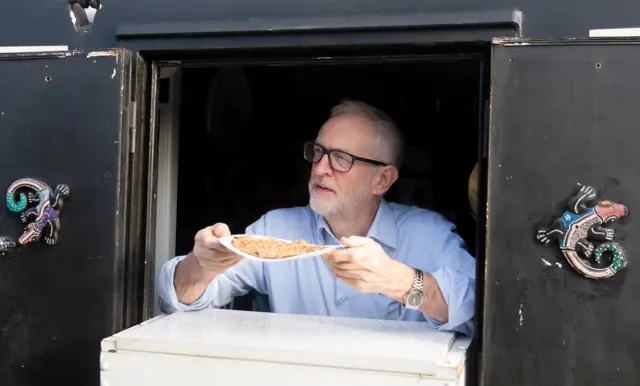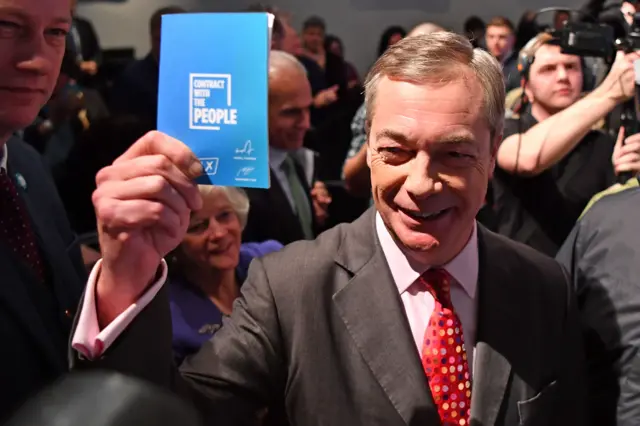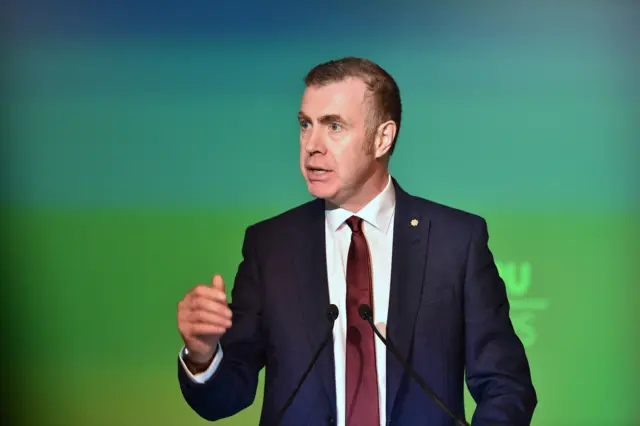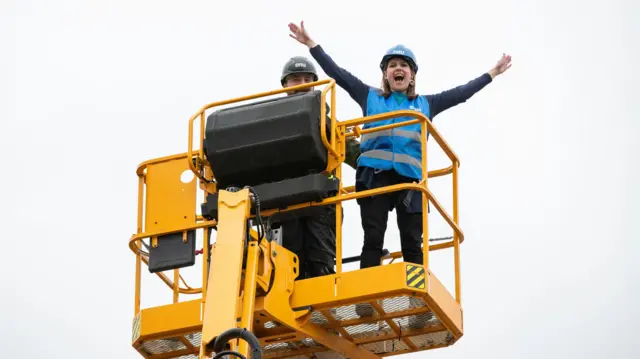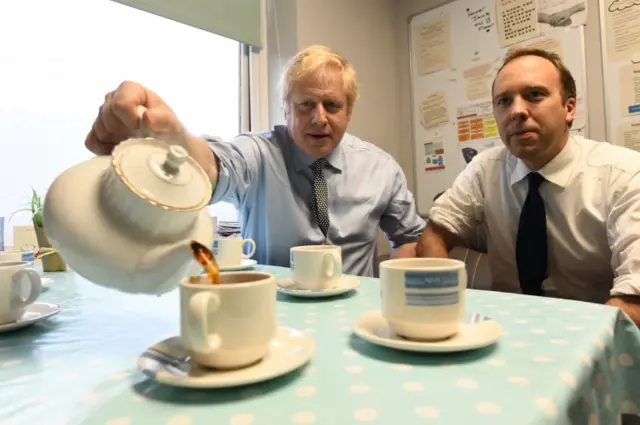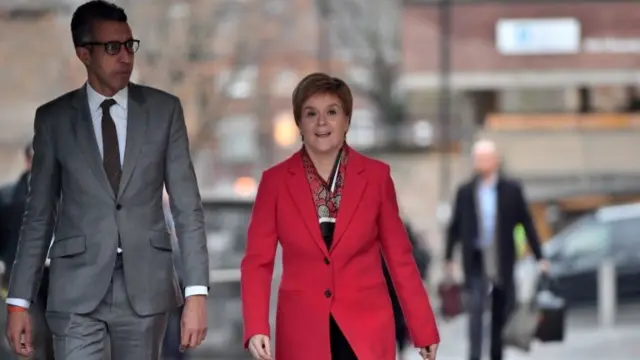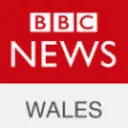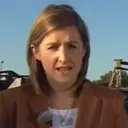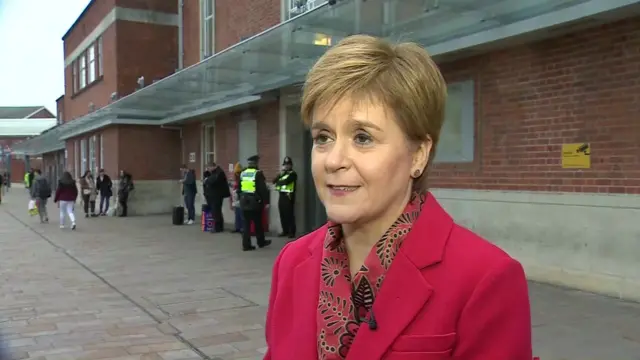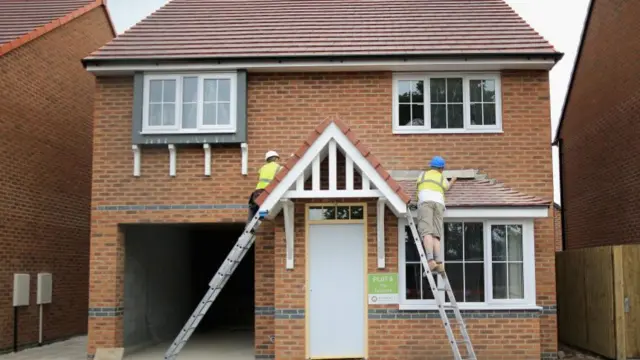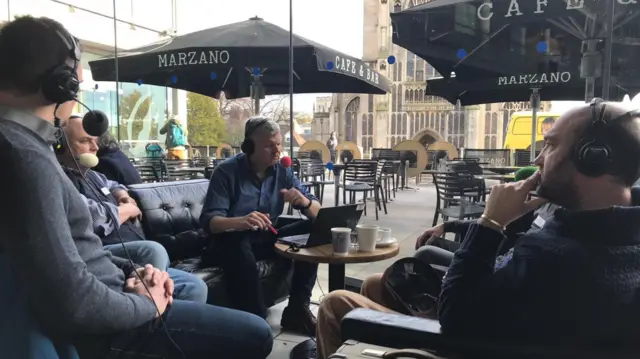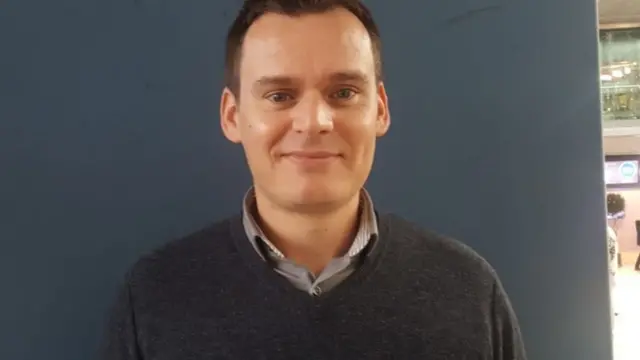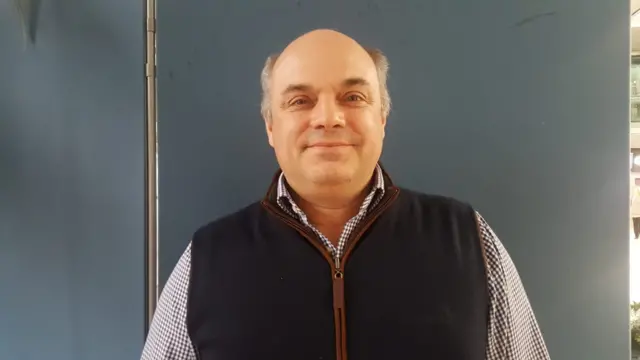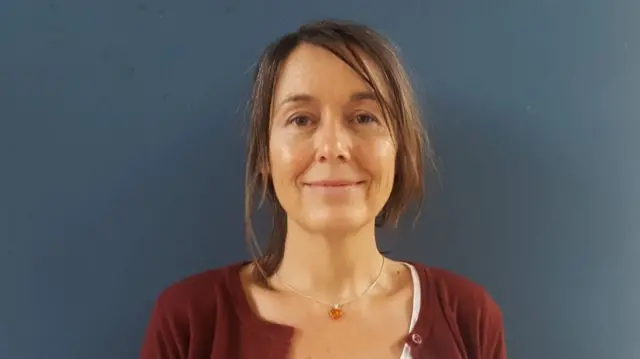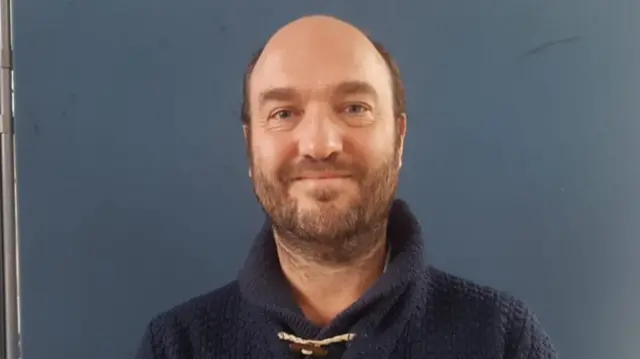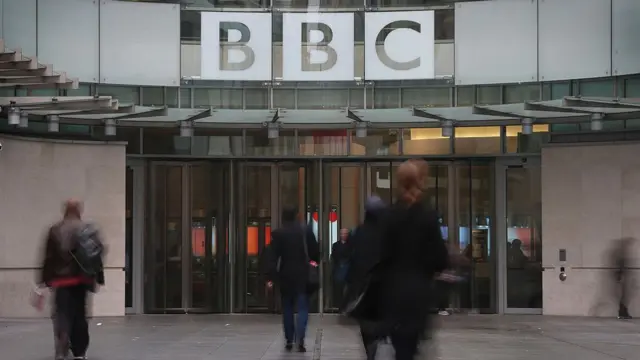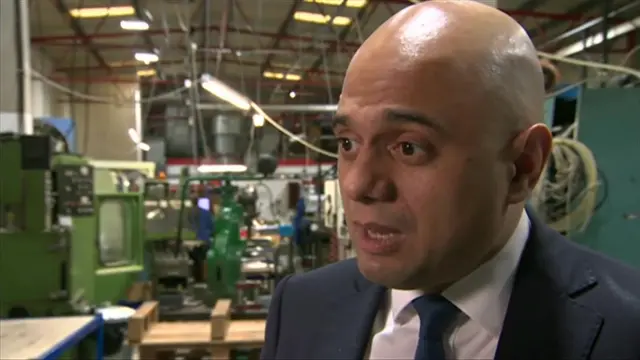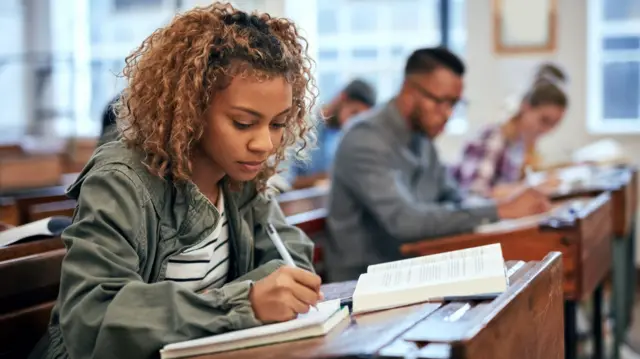What to look out for during the programmepublished at 18:08 GMT 22 November 2019
 BBC News Channel
BBC News Channel
BBC political correspondent Iain Watson is in Sheffield for tonight's programme and says audiences will be looking out for three key things during the leaders special.
"Viewers will be looking at how the party leaders perform when they are asked direct questions from an audience rather than a head-to-head like we've already seen," he says.
"I think we're also looking not so much for trading policies - Boris Johnson will want to talk about getting Brexit done, Jeremy Corbyn about public services - but rather we're looking for compentence and character.
"Can we trust you to spend wisely? Can we trust you to be running the country?
"The other thing to look for is, if we end up with a hung parliament then the role of the Lib Dems and the SNP could be crucial. What would their deal be?
"A UK-wide audience will be very interested to hear the red lines of the other parties."
